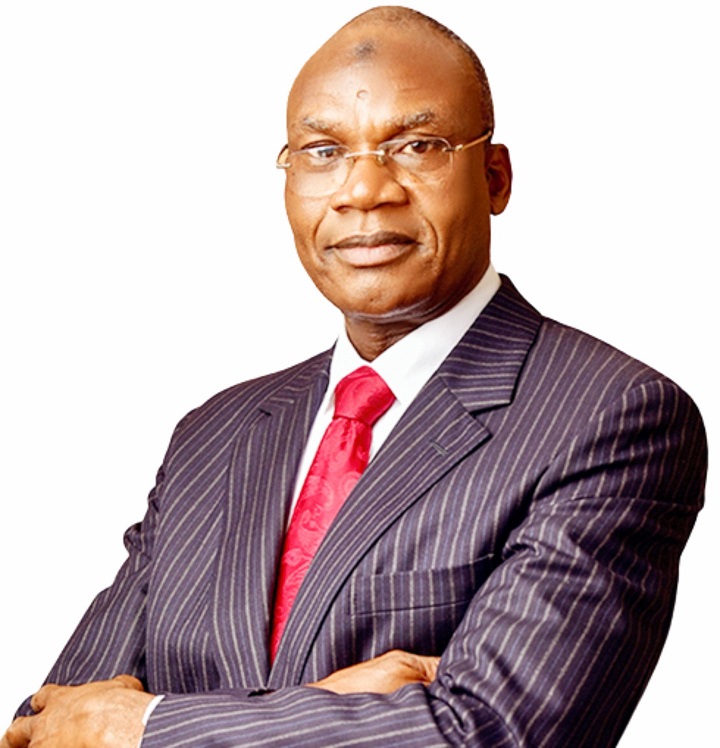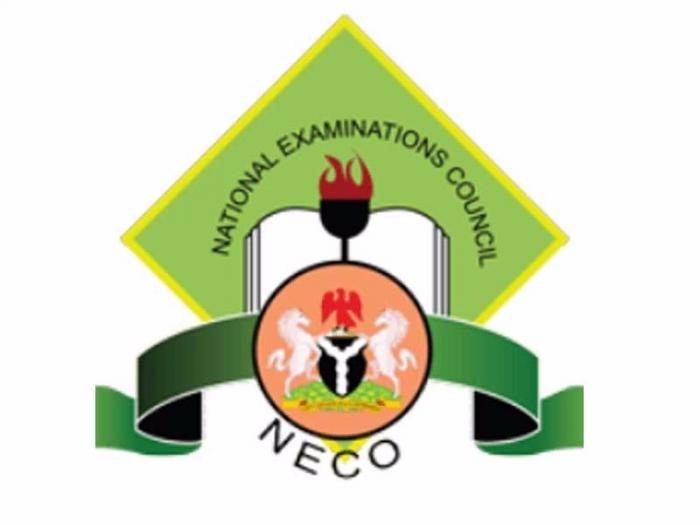Unfair rating of Mamman and education ministry


THE (Sundiata Scholar) – quest to rate ministers who are helping President Bola Tinubu to translate his policies and programmes seems to have created a problem of misunderstanding the role ministers play in government.
This is because any rating of the ministries cannot be objective as the functions of the ministers are not all about brick and mortar.
For instance, rating the ministry of works against that of education or finance will always be flawed because their functions cannot be compared.
While the functions of the ministry of works are more physically manifest, those of finance are policy-driven and are not like constructing roads and bridges. This is why I believe that the comparison made recently by online voters on Citizens Deliver Tracker is heavily inadequate to assess the 10 months of Tinubu’s ministers.
While it is true that Nigerians are in a hurry to see their country develop, it is, however, unjustified to suggest that the minister of education, for instance, has failed the expectations of Nigerians just 10 months into office.
Recall that Tinubu inaugurated his cabinet on August 24, 2023, with Prof. Tahir Mamman, a Senior Advocate of Nigeria, taking over the mantle at the education ministry.
Before he was appointed the education minister, Mamman had held office for eight years as the director-general of the Nigerian Law School and later as the vice-chancellor of Baze University in Abuja.
It was, therefore, surprising that anyone would conduct an online poll and rate an administrator with a vibrant service background as Mamman poorly.
In the first instance, the ministry of education is policy-driven.
It is not engaged in the construction of physical infrastructure. Even where it has to build school infrastructure, it has done so through agencies and parastatals under its supervision like the Universal Basic Education Commission (UBEC) and the Tertiary Education Trust Fund (TETFUND). But, specifically, seeing the education ministry through these past 10 months without the Academic Staff Union of Universities (ASUU) sneezing is a huge relief to parents and guardians of university students.
Mamman achieved this by resolving some of the core issues in the perennial ASUU agitation, the removal of the union from the Integrated Personnel and Payroll Information System (IPPIS). This has been a welcome relief.
Beyond this, Mamman has steered the ministry towards proactively addressing issues of curriculum review and update, which has led to the design of seven new trades and entrepreneurship curricula for out-of-school youths, as well as commenced the review of the National Policy on Education.
The ministry, under Mamman’s watch, has also developed and approved the National Language Policy and the National Reading Framework alongside the conversion of two colleges of education to federal universities and the establishment of three new Federal Science and Technical Colleges (FSTCs) to take off in September 2024. It has also developed a new early-grade reading curriculum and Literacy through Economic Empowerment Strategy (LEES). These are not issues that are easily seen like a new road.
Pushing ahead with the achievement of quality education, Mamman has been able to ensure the implementation of the recommendations in the Needs Assessment Report of Tertiary Institutions in Nigeria; monitored the level of completion of projects in all federal government institutions, evaluated 98 basic schools, conducted monitoring and supervision of 740 basic and secondary schools across the country as well as ensured adherence to examination standards and ethics across the country, and is radically addressing the out-of-school children phenomenon across Nigeria.
What makes lagos state justice summit different
Subsidy; plus or killer? (2)
Still on Akpabio and the police
The ministry has also developed the standard operational procedure for the prosecution of perpetrators of gender-based violence in schools, established a National Safe School Response Coordination Centre (NSSRCC) at the headquarters of the Nigerian Security and Civil Defence Corps (NSCDC) to gather information on school safety and for quick response, established school safety and security response team in every school and provided security infrastructure in all the 112 Federal Government Colleges across Nigeria.
He also led the ministry to a collaboration with relevant partners in rehabilitating and upgrading education equipment in 25 federal government colleges and 18 state technical colleges.
The ministry further addressed the skills gap in the labour market by improving teaching and learning quality in technical colleges through the Innovation Development and Effectiveness in the Acquisition of Skills (IDEAS) project.
Through the Technical and Science Education department of the ministry, the National Board for Technical Education (NBTE), IDEAS Project and the African Development Bank (AfDB) project, 2,096 apprentices, 892 master craft persons, 406 technical assistants and 3,600 Technical Teachers and Instructors (TTIs) were trained in different skills.
In contrast, eight innovation grant facilities, two at the federal implementing units and the remaining six under the state project implementing units, were launched.
Mamman is not just sitting in office as minister. He is pushing the limits of his ‘Education for Renewed Hope’ policy through which he has laid more emphasis on skills development and acquisition by developing a national skills framework to infuse skills at all levels of education, constructed and furnished the UBEC Digital Resource Centre (DRC), UBEC Digital Museum and Smart classroom in all states of the federation and ensured that training of 1,000 teachers in the use of technology in schools.
This comes with the expansion of accredited computer-based test (CBT) centres, from 704 in 2023 to 778 in 2024 and further achieved approval for the establishment of more polytechnics, mono-technics, and innovation enterprise institutions across the country.
Through Mamman’s focused the ministry has ensured the incorporation of the National Innovation Diploma (NID) into the federal scheme of service and also trained 288 lecturers from 72 institutions on different aspects of entrepreneurial and vocational assessments as well as established sector skill council for building construction in Nigeria (SSC BCIN), registered and certified 40,999 teachers; licensed 19,193 as professionals to teach across the 36 states in line with the TRCN Act 31 of 2004.
To add to these, Mamman’s ministry attracted a grant of about $3 million from the Japanese government for capacity-building of teachers for quality girl child education.
To enhance what the ministry is doing to improve the quality of teachers in Nigeria, Mamman ensured the approval of the revised National Teacher Education Policy, which outlines stages of teacher preparation including professional development, lifelong learning, equity and inclusion, digital literacy, assessment and evaluation.
This has led to the signing, into law, of the Federal College of Education Act, 2023 and the development of guidelines for the implementation of a dual-mode programme, offering Nigeria Certificate of Education (NCE) and Bachelor of Education degrees concurrently in Federal Colleges of Education.
These milestones have also caught the attention of stakeholders in the education sector who now question the rationale for the poor rating dished by the minister in the online poll.
According to the executive director of Center for Enhanced Entrepreneurial and Multi-Purpose Education, Steve Pam, the minister is working diligently and consistently to bring about the tremendous development of the education sector.
Describing the Minister as “a consummate administrator with listening ability and administrative zest” and a “silent achiever”, Prof. Omoke said Mamman has “brought stability to the education sector.” Omoke believes that Mamman is a right fit in the education sector with the capacity to make it serve the best interest of Nigerians.









